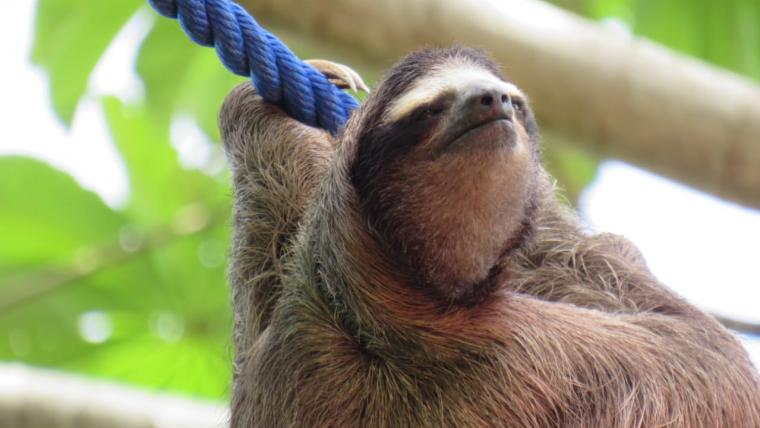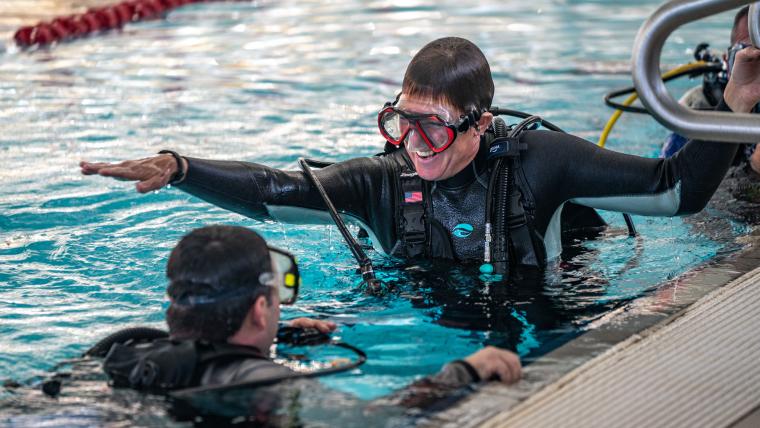
How this eco-entrepreneur wove a destructive weed into a thriving social enterprise
Across Nigeria, a viridescent plant blankets the waterways. Blooming with petite purple flowers, the water hyacinth seems harmless. But beneath the surface, it’s strangling both the ecosystem and economy. With thick, unrelenting roots it weaves a web of destruction that hinders trade, transport, and wildlife. Peering down at this plant, eco-entrepreneur Achenyo Idachaba-Obaro didn't see a problem. She saw an opportunity.
The water hyacinth is endemic to the Amazon basin in Brazil, but its charming appearance beguiled travellers who brought them home as ornaments for their gardens. Now considered to be the world’s worst aquatic plant, it has devastated subtropical regions in over 50 countries, plaguing Africa in particular. Without any naturally occurring predators, the plant invades and paralyses large bodies of water. Once free-flowing oases are now stagnant breeding grounds for diseases, destroying biodiversity. The knotted mats have also limited travel for those who live along the river banks, and made it impossible for fishermen to cast out their nets and reel in an income.
After relocating to Ibadan in Nigeria, Idachaba-Obaro began to notice the wake of destruction these aquatic weeds left behind. Inspired by artisans in East Africa who were harvesting and repurposing the plants, she adapted their ideas and founded the social enterprise, MitiMeth. The business transforms water hyacinths into eco-friendly products such as lamps and dining ware. All made locally, Idachaba-Obaro has upskilled more than 400 people from 20 communities to craft the creations. “What was many people’s biggest downfall, we now see as a source of income,” she says.
Getting to the root of the problem, Idachaba-Obaro has not only empowered a nation in need but rescued the environment they rely on. She plans on expanding her reach across Nigeria and abroad, showing communities how to uncover potential in everyday challenges. “In order to change the world, we must first change our perspective,” she says.






























Please sign in to leave a comment